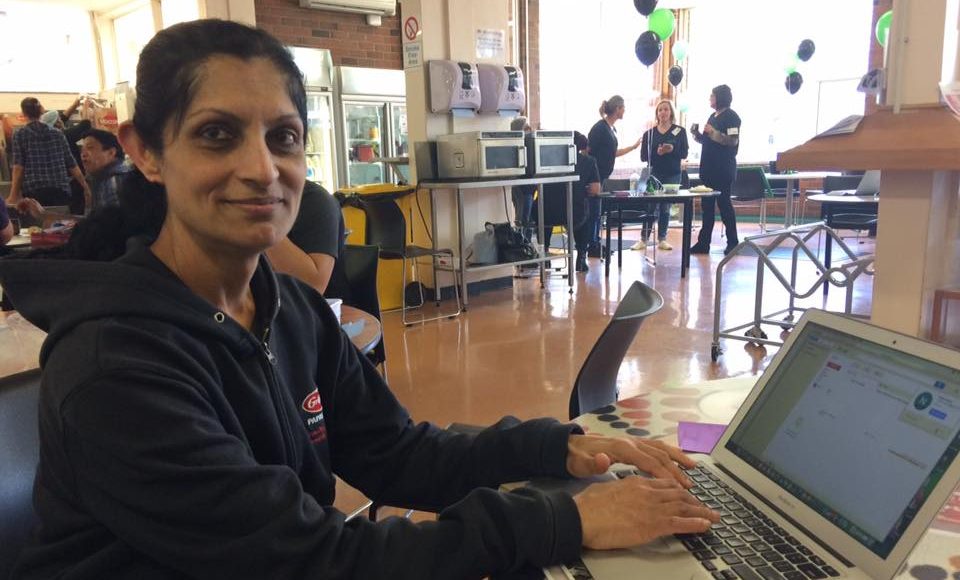
We live in an ever-changing world, with technology being the biggest driver of change in the workplace. As technology takes over some jobs, automates many tasks and changes nearly every role, your people need digital literacy to be able to adapt to change. They must quickly learn how to incorporate new technology into their job in order to be effective.
Where is our workforce at currently?
A recent OECD Survey of Adult Skills highlights that around 50% of the population across 28 OECD countries can only carry out the simplest ICT tasks, or have no digital skills at all. Luckily, New Zealand is among the best. More of our people having a higher level of skills than those in even Scandinavian, tech-savvy countries like Sweden and Finland. However, for those not among the ‘millennial’ age group, that number shrinks significantly. We’ve still got a way to go.
What does digital literacy look like in the workplace?
In today’s world, most of us are carrying around a computer in our pockets, in the form of a smartphone. Digital literacy in the workplace can look quite different though – as offices and factories move towards paperless environments, digital literacy may mean being able to fill out a health and safety form on a kiosk or eco-portal (a tablet on a stand). It may look like critically engaging with a search engine to find the information needed to do a role properly. Or it could mean utilising Excel to sum totals from a day’s worth of manufacturing.
Whatever the output is, creating a digitally literate workforce means helping them to adjust to change. It gives people the skills to think critically, embedding literacy and numeracy skills in technological content. Empowering staff to learn how to learn.
Why is it so important?
If you think about jobs twenty years ago, the picture was very different from today – even in a hands-on environment like a factory. These days, you’ll likely see touchscreens around the plant. Paperwork is moving online and large manufacturing equipment continues to get more sophisticated.
For a digital native used to engaging with technology that may seem normal. However, if you haven’t had the freedom to play with technology and aren’t used to engaging with it in everyday life, the change to digital can be nerve-wracking. Gaining the confidence to engage with technology is vital, both for the individual and for the company.
Personally, your people may be missing out on a whole world of connection. Digital skills are a huge part of modern life. Everything from banking to making an appointment with the doctor has now moved online.
This kind of under-confidence can lead to people avoiding technology. Or it can leave them unable to utilise technology correctly. This means that tablet you’ve installed to collect data on near misses probably isn’t capturing the information you need it to. When you’re trying to get data ‘in’ to make good decisions, you need to be confident that it’s good data.
Creating a change-resilient workplace
According to the OECD ‘Skills for a Digital World’ report, ICT skills will not be enough to deal with the changes that technology is bringing to the workplace – instead, complementary skills such as good literacy and numeracy and socio-emotional skills will also be vital.
We believe, however, that the most important skill needed is adaptability. The ability to have resilience in the face of change and the understanding of how to learn and how to pick up new skills.
How we feel about ourselves as learners, is key to how we learn. Because people who are confident about dealing with the next iteration of technology (even one they don’t yet know themselves) will have the courage to throw themselves into learning how to use it. Others may feel more anxious about using a new piece of kit.
That’s why, as you improve your workforce’s digital literacy skills, it’s important to arm them with not only the basics (from creating an email account to using PowerPoint) but also with a wider skill set that will enable them to be adaptable. Think workplace literacy and numeracy skills. Critical thinking, an understanding of how to learn, confident communication, teamwork and collaboration are all required.
These are the kind of skills that will build confidence and resilience. They will help every person in your organisation to adapt to the vast changes that technology will keep bringing to the workplace. Get in touch to find out how to make sure your workforce is ready.





